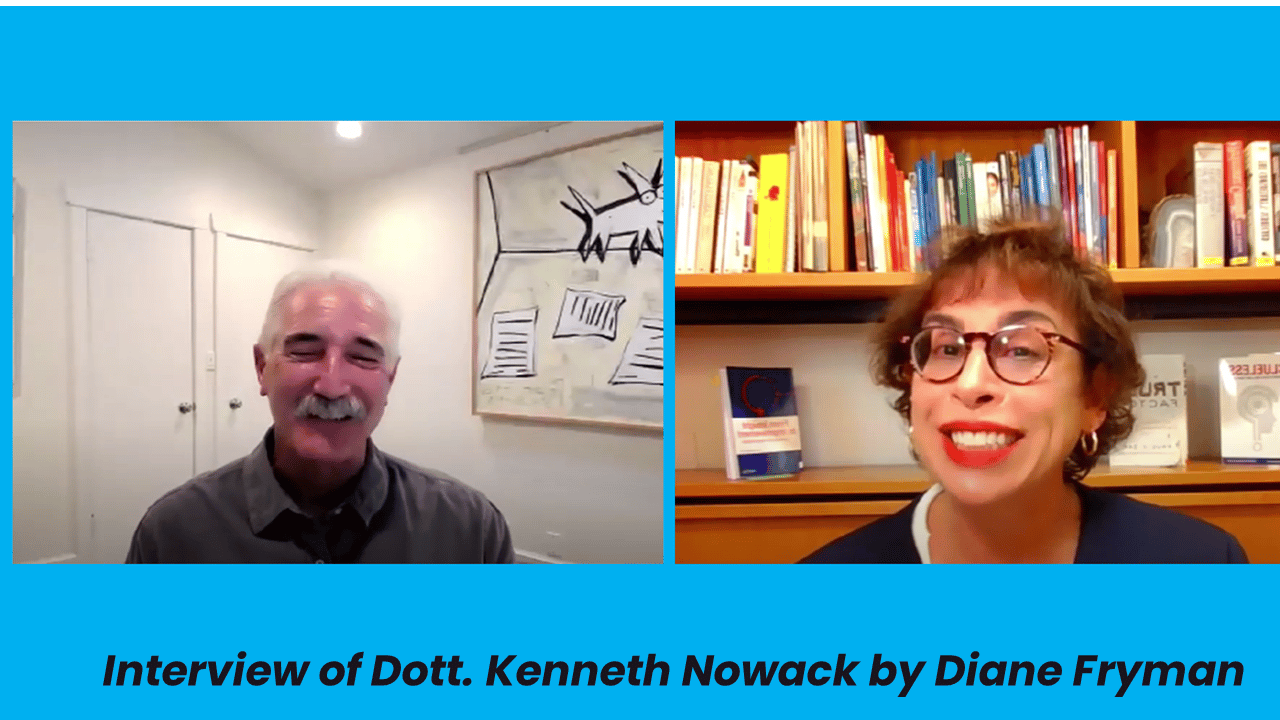Indice
Why does PTS design ad hoc courses to improve inclusive leadership?
We believe in its ethical value, of course, but also because the more leadership is inclusive at 360 degrees, the more it fosters and encourages trust and collaboration in teams.
But you may be asking yourself: is there any sure means of creating more trust, inclusion and collaboration in teams? The answer is a clear YES!
As Kenneth M. Nowack, and Paul J. Zak, PTS partners, explain to us in their article: “Bust your unconscious biases—and instantly become a better leader, 2020, TalentQ” where we find out how important it is to focus on making more mindful choices.
Overcome unconscious biases
We are human beings and, as such, we make associations during our interactions with others. This is normal. Those associations are called “unconscious biases” and, even if they can be unintentional, they have an impact on our decisions in often unfair or discriminatory ways.
To change this, we should raise our awareness of these biases and take actions in a purposeful manner. This means that we can reflect and act on the thoughts, feelings, and beliefs that we are aware of which can help guide our interactions with others.
Develop your Emotional Intelligence
Yes, you’re right: this embraces the area of Empathy. “Leaders and teams that create empathy-related norms of behavior enhance greater collaboration, effective communication and psychological safety. At the organization level, it’s important to share values around empathy and tolerance regarding differences in the workplace in the initial interview, selection, and onboarding processes with both internal and external job candidates” ( “Bust your unconscious biases—and instantly become a better leader, 2020, TalentQ”).
Emotional Intelligence allows us to gain more awareness of ourselves in order to understand our reactions to others and then better deal with differences and diversity.
...and make mindful choices
Zak has shown that even taking a few minutes to get to better understand and know others can induce your brain to release oxytocin. This reaction melts the self-other divide, increasing both empathy and cooperation from both sides.
Reflecting on the biases you could have before you say or do something reflexively can help you make mindful choices ,promote greater fairness, inclusion, and support of diversity in the workplace.
Now, this is good in theory but would you be able to do it in practice?
An exercise to start: How would you go about analyzing emotional intelligence and social competences?
Are you a Leader or HR Director and would like to...
- Analyze Emotional Intelligence competences? Try our internationally validated on-line assessment tool: EmotionalIntelligenceView360
- Develop Emotional Intelligence? Take part in our online training course “Improve Emtional Intelligence” accompanied by an individual coaching course (if requested)
- Do an analysis of your organization on the area of Inclusive Leadership? Discover our Check-up Leadership Inclusiva service to learn about the effectiveness of your diversity, equity and inclusion strategy in order to increase competitiveness and strengthen your employer branding.
Please write an e-mail to info@ptsonweb.com for more information!

